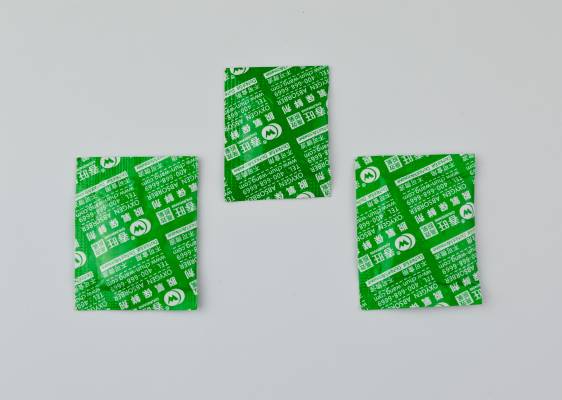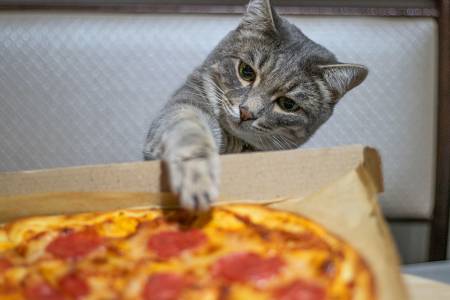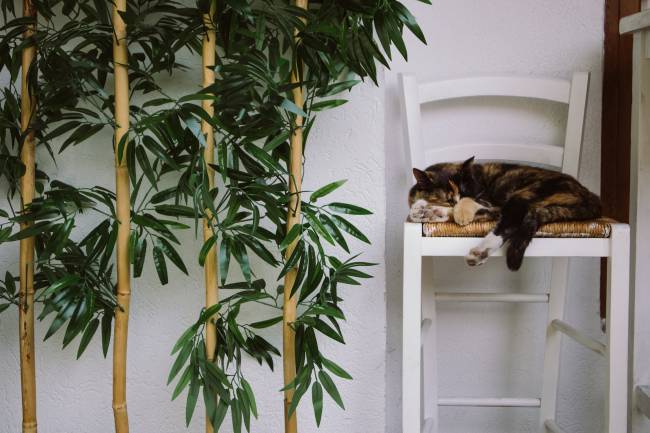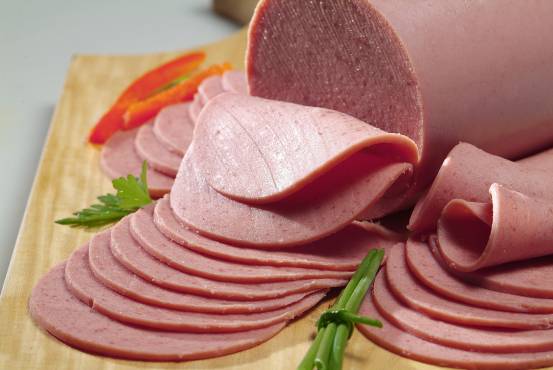Connect with a verified veterinarian in minutes. Licensed vets are available 24/7 to answer your questions. No need to worry about your furry family member.
Have you found oxygen absorbers in your food? They’re common in products such as beef jerky. If so, be aware that these packets can be dangerous for cats. But what happens if a cat eats an oxygen absorber packet? Can the oxygen absorber packet make a cat sick?
Has your cat eaten an oxygen absorber? Are you worried the oxygen absorber will make your cat sick? If so, you’ve come to the right place. We understand it can be scary when your cat eats something like this.
We’ve put together some information on oxygen absorbers and whether they can make a cat sick. Let’s get started!
What is an Oxygen Absorber?
Oxygen absorbers are enclosed in packaging to remove and decrease oxygen in the package. The absorbers maintain product safety and lengthen the shelf life of foods. There are several types of oxygen absorbers available for many different uses.
Some oxygen absorbers contain silica, which works to prevent moisture in foods and other products. If a cat eats a silica packet, chances are she will be OK. The silica is not toxic and will eventually make its way through the cat’s digestive tract and out in the litterbox!
However, there are oxygen absorbers that contain iron. These may be found in food packages, such as beef jerky and pet treats. But what happens if a cat eats iron oxygen absorbers?
Iron Oxygen Absorbers & Cats
Unfortunately, oxygen absorbers that contain iron are toxic to cats and can cause iron poisoning. The iron is in the form of elemental iron granules. They work to prevent the oxidation of food and preserve freshness. The packets are usually small—about 1 inch by 1 inch.
If the iron oxygen absorber packet is broken, the granules inside can come out. If a cat eats the packet and/or the granules, these can irritate the cat’s digestive tract and can corrode the tissues in this area. Serious poisoning is rare, but the severity of the symptoms depend on the weight of your cat, the quantity eaten and the amount of elemental iron granules in each sachet.

Review symptoms, medications & behavior to keep your pets healthy with a Vet Online in just minutes.
Ask a Vet Live NowSymptoms of Iron Oxygen Absorbers Ingestion in Cats
You may notice these symptoms if your cat eats iron oxygen absorbers:
- Vomiting (may contain blood)
- Hypersalivation
- Abdominal Pain
- Reduced Appetite
- Collapse
- Shock
If left untreated, your cat may experience metabolic acidosis and hepatic toxicity. (This may develop as long as five days after ingestion) In rare cases left untreated, organ failure may develop.
If you notice any of these symptoms in your cat, call the vet immediately. This is an emergency. Be sure to let the vet know how much of the packet or granules your cat has eaten. And tell the vet about what time this happened.
The good news is that cats who receive prompt medical care have the best chance of making a full recovery.
Connect with a verified veterinarian in minutes. Licensed vets are available 24/7 to answer your questions. No need to worry about your furry family member.

Emma Chandley, BVetMed MRCVS PGCertSAS
This article has been reviewed and approved by an independent Veterinarian: Emma graduated from the Royal Vet College in London in 2011. She has a keen interest in surgery and went on to do a post graduate certificate in small animal surgery and was then awarded advanced practitioner status in the same discipline.
Review symptoms, medications & behavior to keep your pets healthy with a Vet Online in just minutes.
Ask a Vet Live Now





